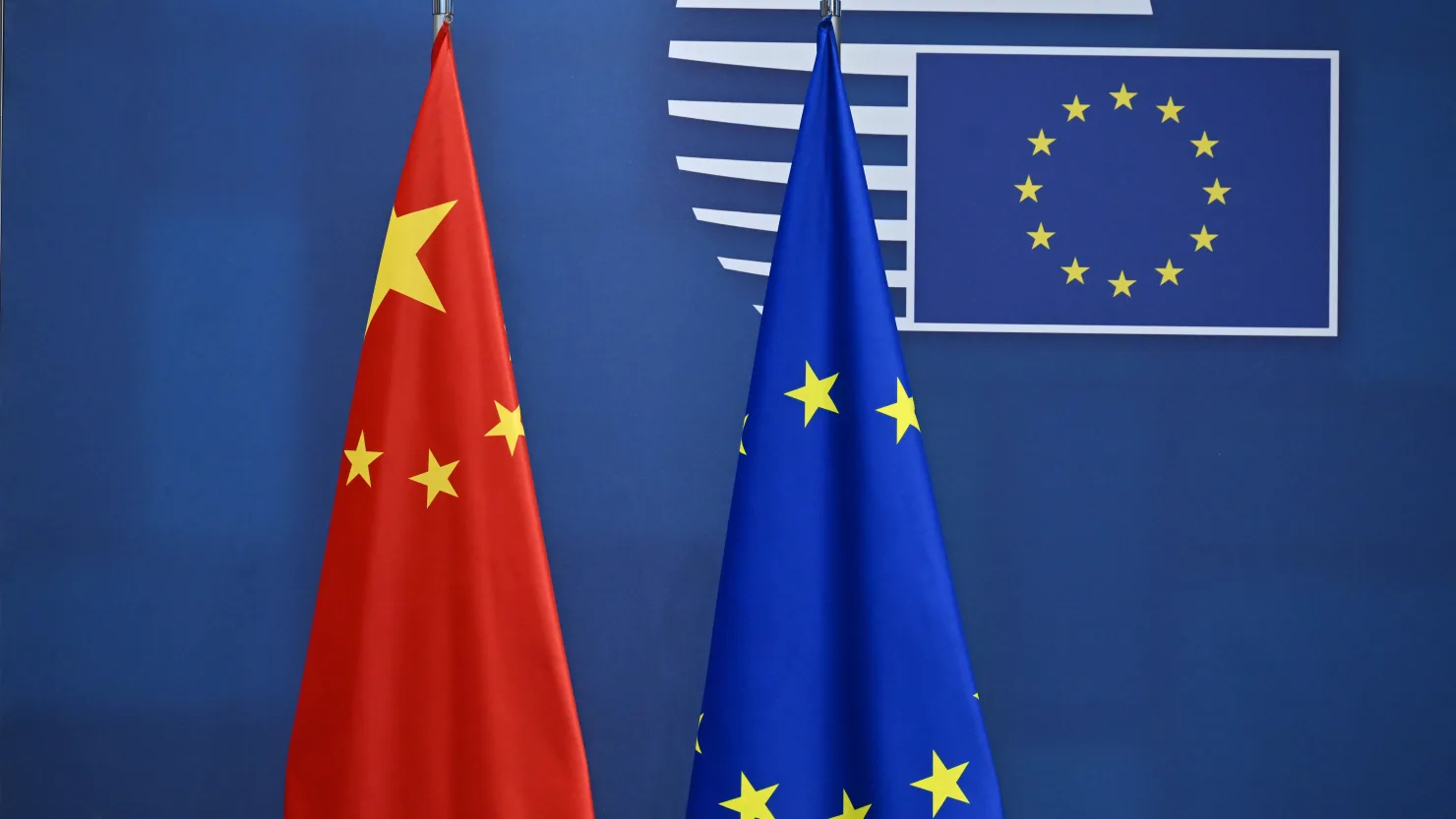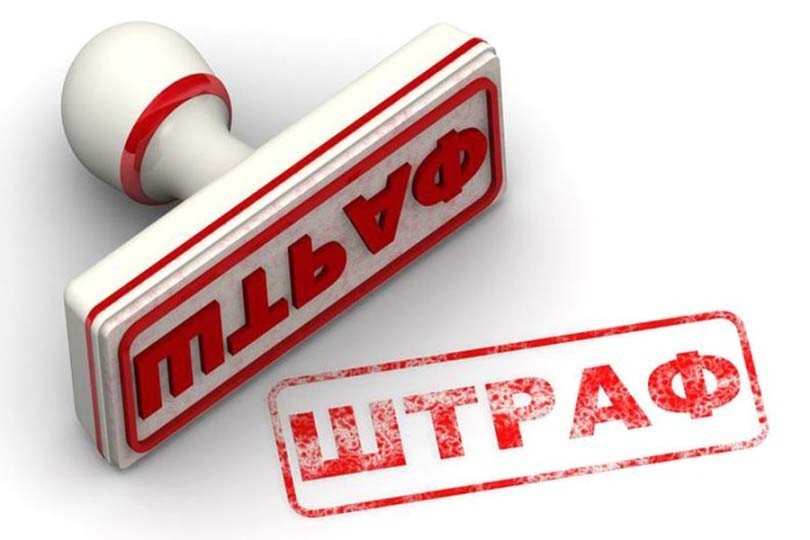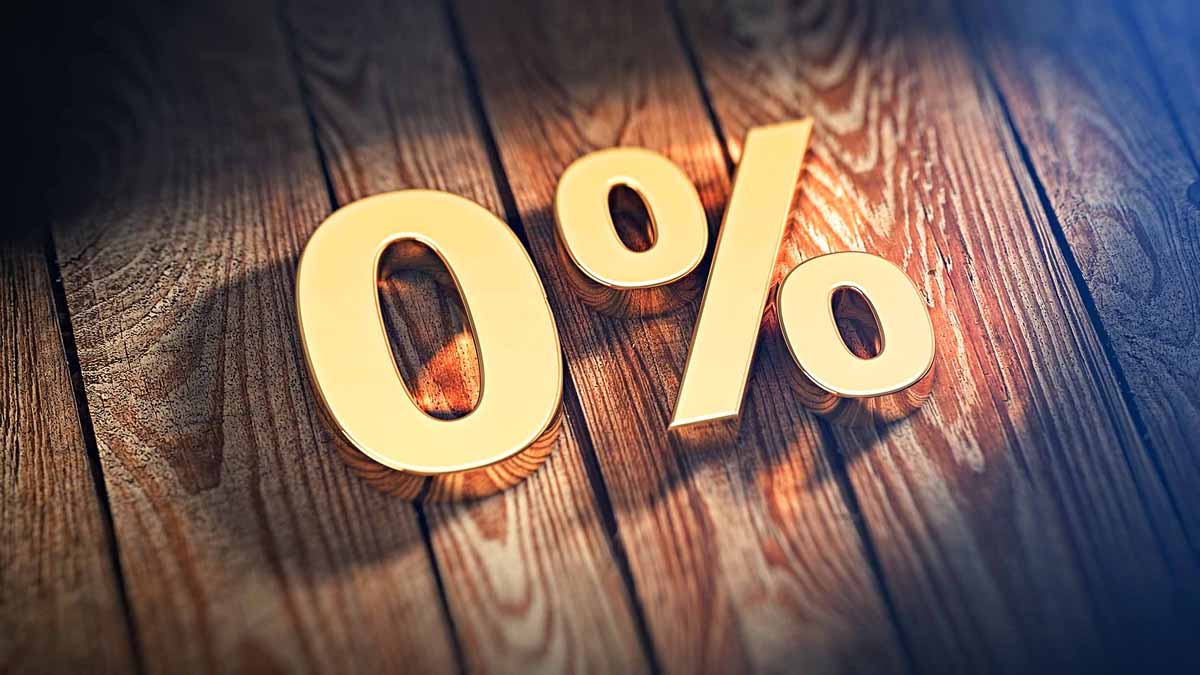Against the background of new statements by the US president about the possibility of raising tariffs on Indian exports, the Indian authorities issued an official statement in which they accused the United States and the European Union of applying double standards in relation to trade with Russia. New Delhi stressed that it has become more active in buying Russian oil after traditional supplies were redirected to Europe due to the 2022 geopolitical crisis.
According to the Indian Foreign Ministry, the import of Russian energy carriers is a forced and economically justified measure. India pointed out that the countries that criticize its actions themselves continue to conduct active trade with Russia, despite the official sanctions rhetoric. In particular, in 2024, the EU's trade turnover with Russia amounted to 67.5 billion euros, and in the service sector — another 17.2 billion, which significantly exceeds the volume of Indian trade with Moscow.
According to the Indian Embassy in Russia, the bilateral trade turnover between the two countries for the fiscal year ended in March 2025 reached $ 68.7 billion — which is almost six times more than the pre-tandem level of $ 10.1 billion. Despite the growth, this indicator remains comparable to the trade volumes of other major powers.
Washington accused India of buying Russian oil at reduced prices and then reselling it on the open market. New Delhi said that since the beginning of the conflict, the volume of imports has actually increased — from less than 100 thousand barrels per day to more than 1.8 million, or 39% of the total. However, such actions were supported by the international community, including the United States itself, which in 2022 openly recommended that India purchase Russian oil as part of the stabilization of the global energy market.
Earlier, US diplomats admitted that they were counting on India's role in redirecting supplies. The International Energy Agency reports that in 2024, 70% of Russian oil exports were sent to India. According to Indian Energy Minister Hardeep Singh Puri, if purchases stopped at that time, the price of oil could exceed $ 130 per barrel.
New Delhi also pointed out that the United States continues to import key industrial resources from Russia, including uranium hexafluoride, palladium, fertilizers and chemical components. At the same time, the United States has not introduced any" mirror " trade measures against the Russian Federation. In 2024, the US trade turnover with Russia was $ 5.2 billion, down from $ 36 billion in 2021.
Against this background, India considers the threat of new duties from the United States unfair and politically motivated. President Trump has previously mentioned the possibility of imposing 25 percent tariffs on Indian exports, but the exact parameters of the restrictions have not yet been announced.
According to former Indian Finance Minister Subash Garg, a free trade agreement with the United States is unlikely in the current conditions. He suggested allowing the tariffs to take effect, noting that the American consumer and importers would end up paying the price, while India would be able to reorient export flows and increase domestic consumption.
In the face of ongoing global tensions, India continues to defend its economic interests and emphasizes that it will act as a responsible Power, guided by the principles of fair competition and strategic independence.













